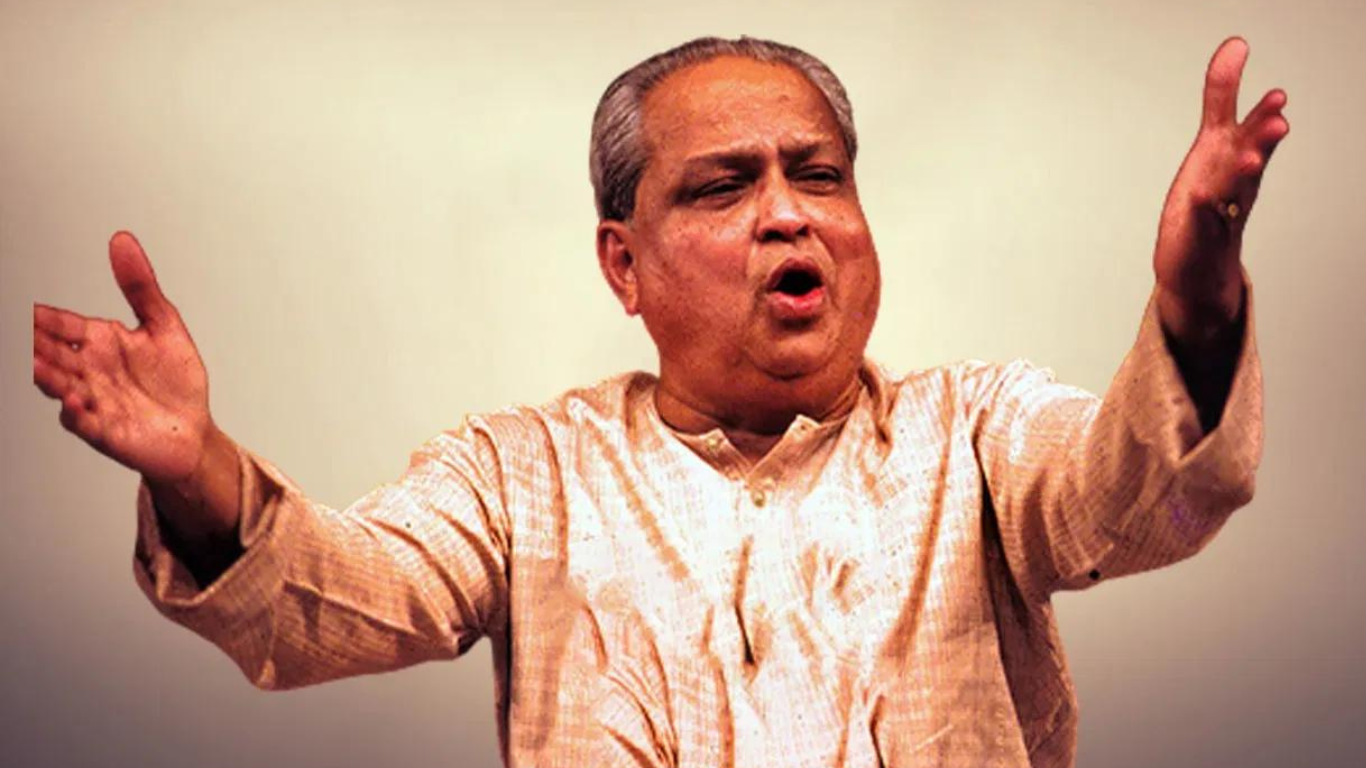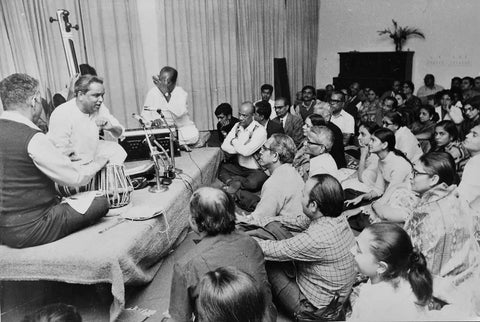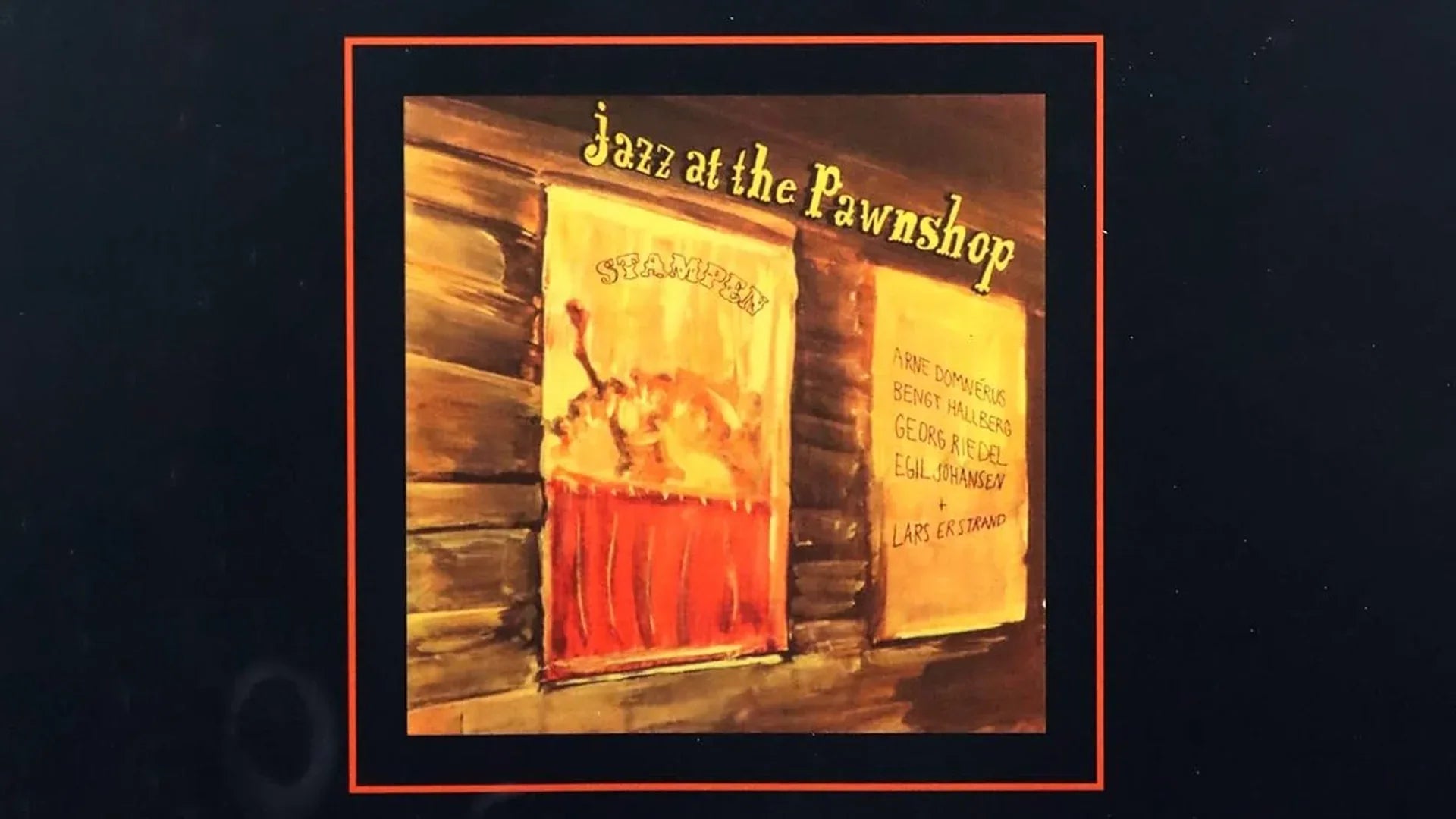The Ultimate Rebel Of Hindustani Classical Music

“In an artist’s life, death is perhaps not the most difficult thing.” Said Vincent Van Gogh.
These words resonate deeply with the life and legacy of the legendary Pt. Kumar Gandharva.
Born as Shivaputra Siddharamayya Komkali in Sulebhavi near Belgaum, Kumar Gandharva’s musical genius was apparent even before he entered his teens.
By the age of eight, he flawlessly reproduced khyal records of maestros like Ramkrishnabuva Vaze and Abdul Karim Khan.
His travels across undivided India with the “Kumar Gandharva and Party” showcased his extraordinary ability to interpret the great masters’ compositions with unparalleled felicity, earning him the title bestowed by a seer who recognized the child prodigy’s immense talent.
Their journeys took them from Sulebhavi to cultural hubs like Bombay, Nagpur, Calcutta, and even Lahore, Karachi, and Shikarpur, where Kumar Gandharva’s performances were celebrated by both stalwarts and enthusiastic crowds.
The early 20th century saw Indian classical music transitioning from princely states to emerging metropolises, setting the stage for a new era of opportunities for musicians.
Stories abound of young Kumar Gandharva performing at the Prayag Sangeet Samiti, leaving luminaries like Ustad Faiyaz Khan and K.L. Saigal enraptured in the first row.
By his early 20s, Kumar Gandharva had completed his musical education, poised for a promising career that would, however, face an unforeseen challenge.
Kumar Gandharva contracted tuberculosis, leading doctors to caution against singing, a potential threat to his life.
Relocating from Belgaum to Dewas in Madhya Pradesh, he faced a daunting period until 1952, when the antibiotic Streptomycin emerged as a cure for tuberculosis in India.
He slowly recovered, but his compromised lung altered his singing style.
Adapting to his changed physical condition, he composed khayals and bandishes, delving into the rich tapestry of folk music.
Despite his untimely demise on January 12, 1992, Kumar Gandharva’s avant-garde music continues to confer upon him enduring veneration.
Click Here To Read More:
How We Almost Missed Out On Nusrat Sahab's Music
Bhatkande's Sonic Blueprint For Indian Classical Music






Comments